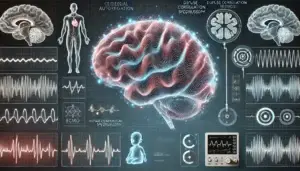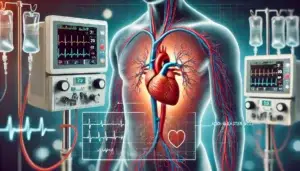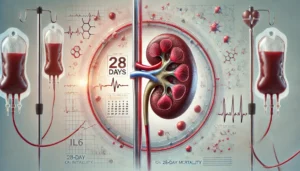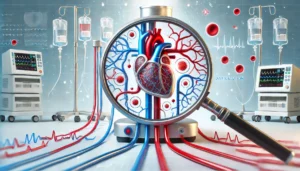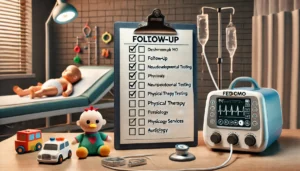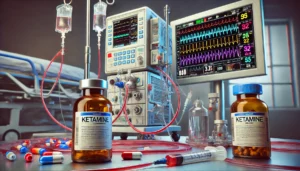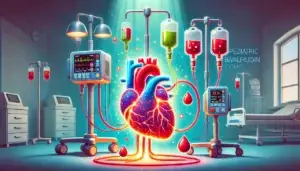
Prospective Randomized Pilot Study Comparing Bivalirudin Versus Heparin in Pediatric ECMO
This pilot randomized controlled trial compared bivalirudin and unfractionated heparin for anticoagulation in 30 pediatric ECMO patients. No difference was found in time at goal anticoagulation, the primary endpoint. However, bivalirudin was associated with higher thrombotic complications (37.5% vs. 0%; p=0.02) but required fewer RBC transfusions (median 6.3 vs. 12.2 mL/kg/day; p=0.02). The study demonstrates feasibility for larger trials to evaluate the safety and efficacy of bivalirudin in pediatric ECMO.



